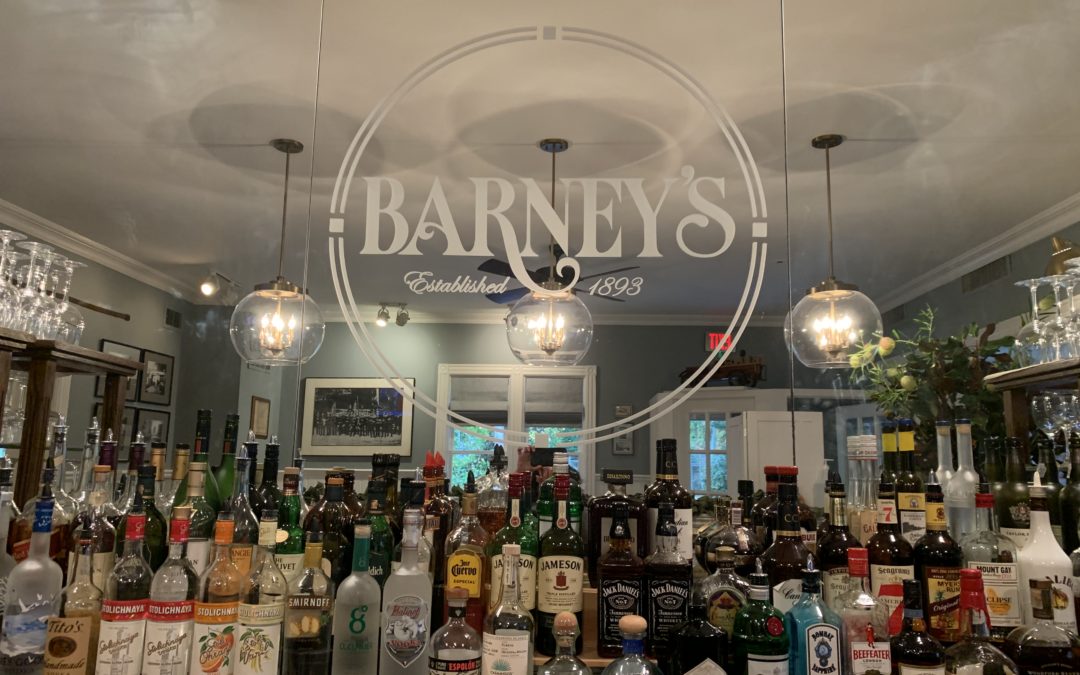Fine dining represents the pinnacle of culinary artistry, offering patrons not just a meal, but a full sensory experience. From impeccable service to innovative dishes crafted with precision, fine dining establishments set themselves apart by creating an atmosphere of elegance and exclusivity. For restaurateurs entering this high-end segment, understanding the nuances of the industry and establishing a sound business structure are essential for long-term success.
Crafting an Exceptional Experience
Fine dining is about attention to detail at every level. From the ambiance to the menu, every aspect must work together to deliver a seamless experience. The restaurant’s décor, lighting, and table settings should exude sophistication, while the service must be attentive yet unobtrusive.
The menu is the heart of any fine dining establishment. Chefs often focus on seasonal and locally sourced ingredients to create a menu that reflects their culinary vision. Each dish is a work of art, designed to delight the palate and engage the senses. Wine pairings, curated by skilled sommeliers, further enhance the experience.
The Business of Fine Dining
Running a fine dining restaurant requires more than just culinary expertise—it demands savvy business acumen. Restaurateurs must navigate challenges such as high overhead costs, staffing, and sourcing premium ingredients. Profit margins can be tight, so careful planning and efficient operations are crucial.
Choosing the right legal structure for the business is also a key decision. Many fine dining establishments opt for a nevada s corporation to benefit from favorable tax treatment while limiting personal liability. This structure allows business owners to separate their personal and business assets, which is particularly important in an industry with significant financial risks.
Marketing to a Discerning Clientele
Fine dining establishments cater to a niche audience, often composed of food enthusiasts, special occasion diners, and professionals seeking an upscale experience. To attract this clientele, restaurants must craft a strong brand identity that reflects their unique style and offerings.
Digital marketing plays a pivotal role in reaching this audience. A visually stunning website showcasing the restaurant’s interior, menu, and signature dishes is essential. Social media platforms provide an opportunity to engage with patrons, share behind-the-scenes content, and promote events like wine tastings or chef’s table experiences.
Word of mouth remains a powerful tool in the fine dining industry. Exceptional service and memorable meals lead to glowing reviews and repeat customers, which are invaluable for building a loyal patron base.
Staying Ahead of Trends
The fine dining landscape is constantly evolving, influenced by global culinary trends and shifting consumer preferences. Sustainability has become a major focus, with many high-end restaurants embracing farm-to-table practices and reducing food waste. Offering plant-based or allergen-friendly options can also appeal to a broader audience.
Incorporating technology, such as online reservations and personalized customer interactions through data-driven insights, can enhance the guest experience while streamlining operations.


Recent Comments